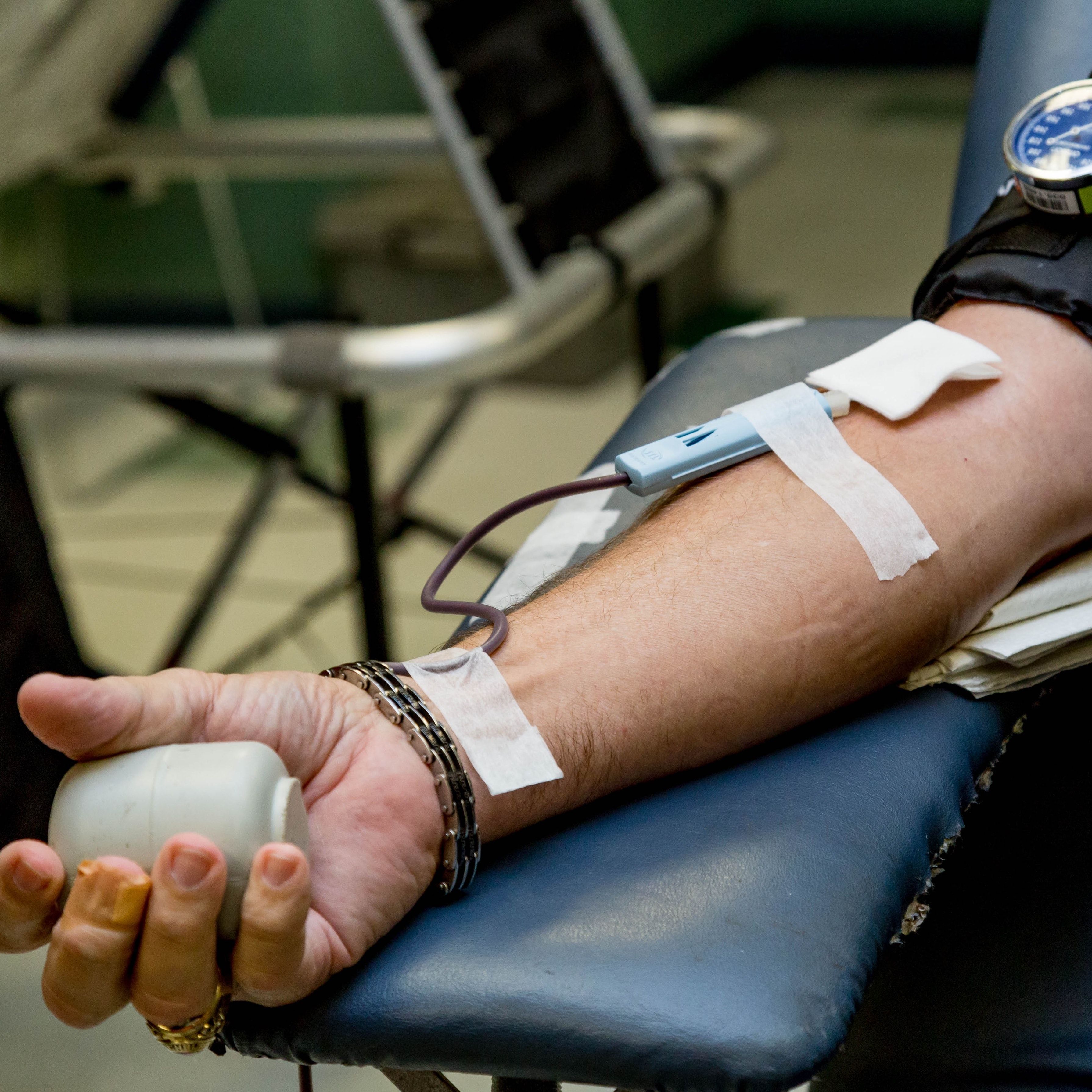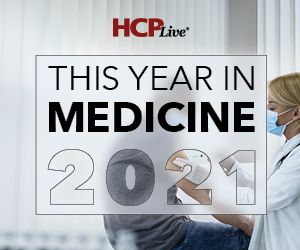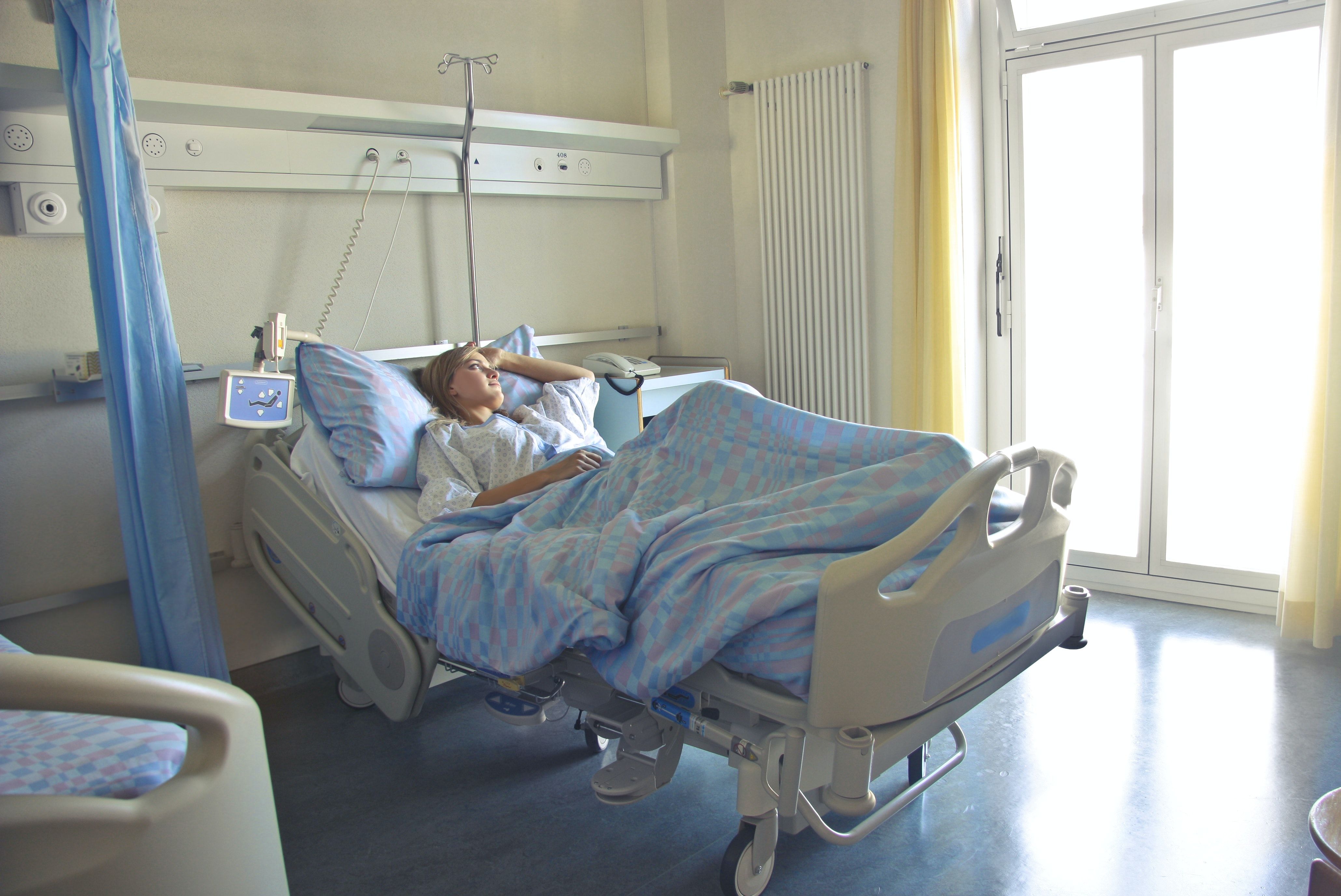Video
PrEP Therapy: Overcoming Treatment Barriers
Joseph Eron, MD: Who are some of the most challenging groups, in terms of pre-exposure prophylaxis and taking the therapy? I’m sure there are some who are more challenging than others?
Colleen Kelley, MD: Right now, we’re still at a point where we’re not necessarily getting PrEP to the people who need it the most. We’ve seen rapid increases in the uptake of pre-exposure prophylaxis in the last 5 years in the US. But it’s generally been adopted by more educated white gay men.
Joseph Eron, MD: Older, too.
Colleen Kelley, MD: And older, exactly. And those who may very well be at risk for HIV, as well. Then it’s an important intervention for them, as well. We see the highest rates of infection among young black gay men. We’re not doing as well. Less than 5% of young gay men in the US have actually used PrEP. A combination of factors lead to this. One is knowledge of PrEP. We still see plenty of young black gay men in Atlanta who’ve never even heard of it. They don’t know anyone who’s taking it. They don’t know if they really trust getting a medical intervention, on a daily basis, in a young healthy person. And so, all of these things become very complicated.
And then, beyond that, it’s accessing it. There are a lot of access points in Los Angeles. There are some in Atlanta and in the Southeast. But we still have a large population that does not have access to health care because they’re uninsured or underinsured. Those people may not be able to get the medication because it is such a medicalized intervention.
Joseph Eron, MD: And adherence? I mean this is 1 pill, once a day. There are not a lot of side effects.
Daniel Kuritzkes, MD: The studies have shown that, at least in men or men who are having sex with men, if you are taking as few as 4 tablets a week, out of 7, you’re going to be pretty well protected. You’ll be nearly as well protected as if you’re taking a pill every single day. It’s less clear in women, whether you can get away with less strict adherence. But I think the challenge is that, again, adolescents and people who are most at risk may be the ones who have the greatest challenges with adherence. And then, clearly, the intervention only works if it’s taken.
Joseph Eron, MD: And we have data on adolescents, right? There have been demonstration projects in adolescents. The proportion who actually take the pills is low. And then, over time, it decreases even further. So, it’s really kind of getting sustained…
Eric Daar, MD: Yes. And for those of us who’ve been sort of following the PrEP field since the beginning of the decade, we’ve come to appreciate the role of adherence and the problem. A huge issue came out of all of the randomized controlled trials, including 2 large studies in high-risk heterosexual women. The data showed no efficacy. It was only in retrospect, despite saying they were taking medicines consistently, that the data demonstrated that they weren’t even taking it a third of the time.
Colleen Kelley, MD: PrEP is such a unique situation. After the clinical trial efficacy actually improved, it doubled, in some instances. This is not what you’re taught in your epidemiology classes, in medical school. But it happened, right? Efficacy should dilute when it out goes out to the general population. PrEP is just fascinating, in that way.
Joseph Eron, MD: One problem is with antiretrovirals for treatment. You follow the viral load. When someone’s viral load doesn’t change, they’re probably not taking it. But with PrEP, the question is, how do we know if someone’s taking it?
Eric Daar, MD: In clinical trials, they do patient self-report, which is notoriously poor and probably worse for PrEP than it even is for antiretroviral therapy. There is no backup. And then, people look at things like pill counting, which we’re not going to do in clinical practice—it’s very hard to do. Maybe we can call the pharmacy and make sure they’re picking them up? And then, blood levels. So, there’s a lot of interest in developing things like point-of-care and measuring blood levels to see if people are actually taking it. It’s so important, right? People are falsely believing that they’re protected. They are falsely believing that they’re taking their medications consistently. Although it is well tolerated and easy to take, and we would want everybody to have appropriate to access it, it has some risks. And costs.
Joseph Eron, MD: Sure.
Daniel Kuritzkes, MD: One bright spot is that we haven’t really seen the emergence of a lot of drug resistance, as a consequence of PrEP. That’s been a big worry, because people might be intermittently adherent to PrEP. If they had stopped taking their PrEP and got infected, and then started up again, would they be undertreating HIV infection? At least to date, that doesn’t seem to have been a big problem. Certainly, as demonstrated in the clinical trials, although there have been a few cases of resistance reported in practice, that has not been a major issue, which is reassuring.
Colleen Kelley, MD: The issues of resistance that have come up are in people that get started on PrEP during that acute infection period. I’ve done it myself. I have started someone on PrEP in acute infection, and they’ve developed HIV drug resistance. And so, it is something to be very mindful of. You should screen, as much as you possibly can, for acute infection when you’re starting someone on PrEP.
Joseph Eron, MD: Yes. You probably have a pretty low threshold, I guess, for screening for acute infection?
Colleen Kelley, MD: That’s right.
Joseph Eron, MD: And that means that, operationally, it is not only about getting a fourth-generation antibody/antigen test. You should probably also get a viral load, if you really think someone has acute infection, if they have some sort of febrile illness.
Eric Daar, MD: The other big issue with PrEP is this whole concept of risk compensation that we worry about. I have sort of mixed feelings when we talk about it. On the one hand, I think we need to pay attention to it.
Colleen Kelley, MD: Absolutely.
Eric Daar, MD: I do think people who are on PrEP may be using condoms less and are putting themselves at increased risk for other STDs. But by no means would any of us want to suggest that because they’re doing that, we shouldn’t offer PrEP. It’s the right intervention. It just means that we need to be monitoring them closely for things like STDs and we need to try to intervene as early as possible. The guidelines are pretty clear that we’re supposed to be doing that.
Colleen Kelley, MD: As an infectious disease community, we need to shift our attention to transmitting infections and thinking about new innovative ways to prevent and treat sexually transmitted infections, as well. That has kind of been ignored.
Joseph Eron, MD: Yes, I think that’s a big part of the responsibility of being a PrEP provider. “You’re going to follow those guidelines.” “You’re going to screen for STIs, and you’re going to know how to treat them.” But I’ve heard it from others, obviously not from anybody here, on this panel, “Well, if they’re not going to try to use condoms, I’m not going to prescribe PrEP.” And that’s exactly the wrong approach.
Daniel Kuritzkes, MD: Exactly, yes.
Transcript edited for clarity.





